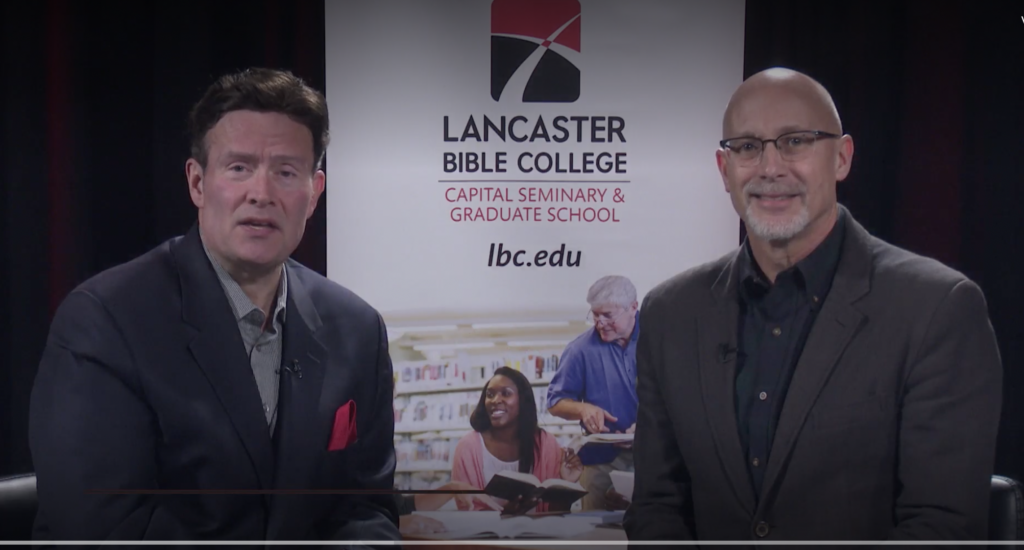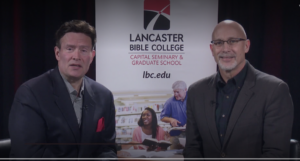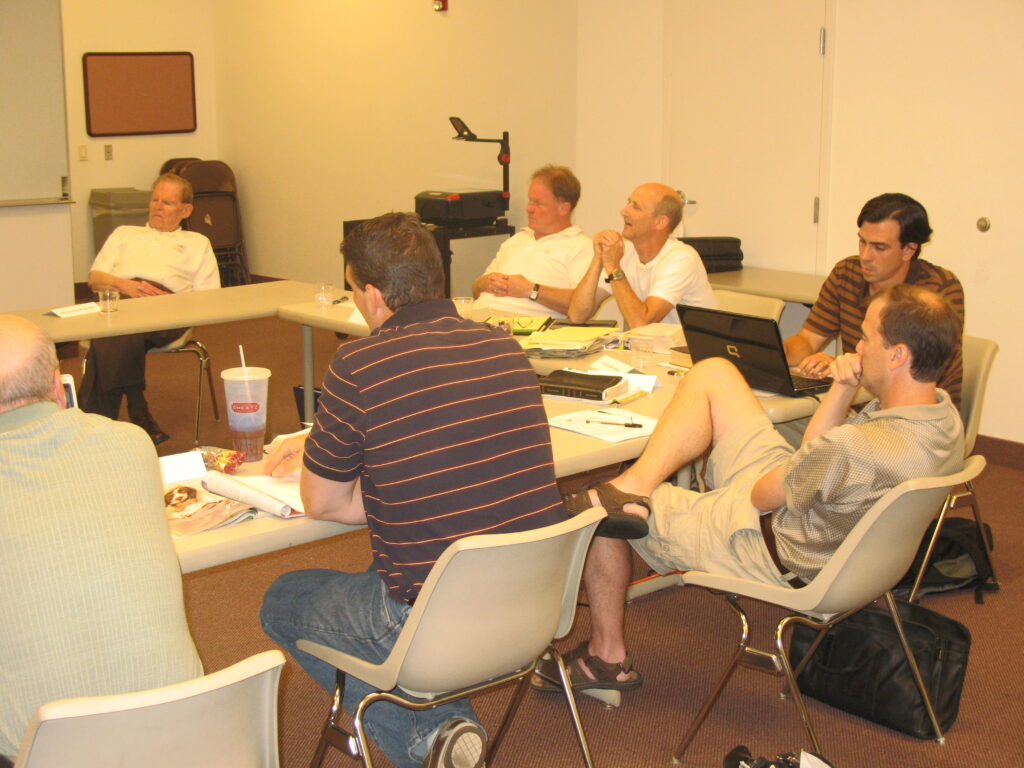
Over the past few weeks I have been thinking about how to approach preaching this coming Resurrection Sunday.
The applicational angles are limited to the degree that Scripture provides the raw theological material. For instance, the Gospels record the fact of the resurrection, but if I am not mistake, do not provide any theological commentary.
So, what are some angles we can pursue in preparing to preach and teach on the resurrection of our Lord Jesus Christ?
- You can spend some time proving that Jesus was raised from the dead. There were, for instance, people who saw the resurrected Lord. This provides an apologetic or defense of the resurrection.
- Because of the possibility–do the unchurched still attend Easter morning?–you will want to urge faith in the resurrection of Jesus Christ. We want our listeners to place their faith in this critical element of the Gospel.
- Finally, you may want to preach and teach on the implications of the resurrection. My own readings of Scripture tell me that this is the angle that is found most often, especially in the NT epistles.
This final angle is where I am planning to address Easter morning from Ephesians 1:15-23, especially the resurrection part of Paul’s prayer.
Your own message may have another angle. The important thing is that we continue to exegete at the level of what resurrection preaching portions are designed to do to the church.
And may our Lord receive glory in the church and in Christ Jesus (Ephesians 3:21) as we faithfully proclaim the Gospel to those who have been resurrected with Christ for new life.
Randal










